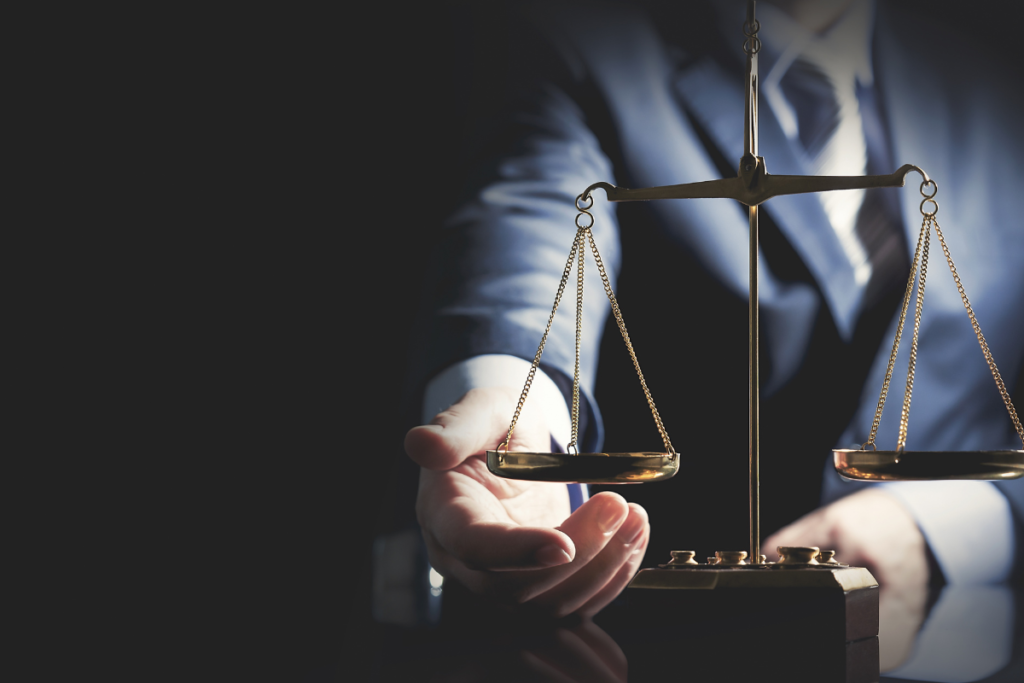Self-driving vehicles are no longer a novelty. The legal system is under pressure to keep pace as these vehicles become increasingly common. The question of liability becomes far more complex than in a traditional collision when an accident involves a self-driving vehicle. This makes it critical to understand how the law currently handles such incidents.
Legal guidance is important in situations involving self-driving cars. Contact The Bruning Law Firm for legal support from experienced professionals. Their attorneys are equipped to assess liability, gather evidence, and pursue claims on behalf of accident victims.
Who Is Liable in a Self-Driving Car Accident?
Liability in a self-driving car accident depends heavily on the level of automation as well as the role of human oversight. A driver may be held legally responsible if they are supposed to maintain control and fail to do so. However, in cases where the vehicle was operating under full automation and no human intervention was expected, the manufacturer or software developer might be liable.
Why Legal Representation Matters
Car accident attorneys play an important role in these cases because determining fault is rarely straightforward. They are responsible for examining the scene, securing digital evidence such as camera footage or vehicle data, and consulting with technology experts to establish a timeline and cause. These professionals know how to evaluate the involvement of third parties, such as manufacturers, software developers, or even infrastructure agencies that manage road signals as well as traffic controls.
Attorneys are also important when negotiating with insurance companies. These companies may attempt to minimize or deny compensation. Legal support can make the difference between a fair settlement and a prolonged dispute.
Product Liability and Corporate Accountability
The manufacturer may be held liable under product liability law when the root cause of a crash is a failure in the vehicle’s technology. This may involve a design flaw, a defect in the manufacturing process, or a failure to adequately inform users of the car’s limitations. These cases often require technical analysis of the vehicle’s sensors, onboard systems, and decision-making algorithms.
Self-driving technology is introducing new dimensions to liability. Software malfunctions as well as sensor failures may shift blame from individual drivers to large companies in particular.
Insurance and Compensation Challenges
Insurance companies face new challenges in processing claims involving autonomous vehicles. They must assess whether a person, a company, or a combination of both was responsible for the crash. These determinations affect not only fault but also how much compensation victims are entitled to receive.
The claims process may be delayed by technical investigations or disputes between multiple insurance providers. Victims may find themselves caught between legal definitions and shifting regulations. Legal representation can help clarify responsibility as well as accelerate resolution in such cases.
Final Thoughts
Accidents involving self-driving vehicles raise unique legal questions that traditional car crash claims do not address. Identifying the responsible party is rarely simple in accidents involving these vehicles. The experienced car accident attorneys are equipped to handle these unique cases. They provide the support victims need to move forward in the future.




